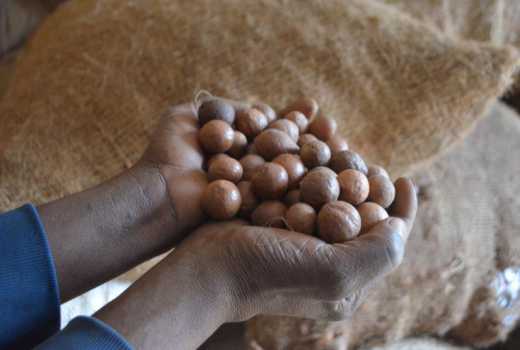×
The Standard e-Paper
Stay Informed, Even Offline

NAIROBI, KENYA: Kenyan farmers used to grow macadamia trees to shade their coffee bushes. Now they are making so much from the nuts that they are abandoning the beans.